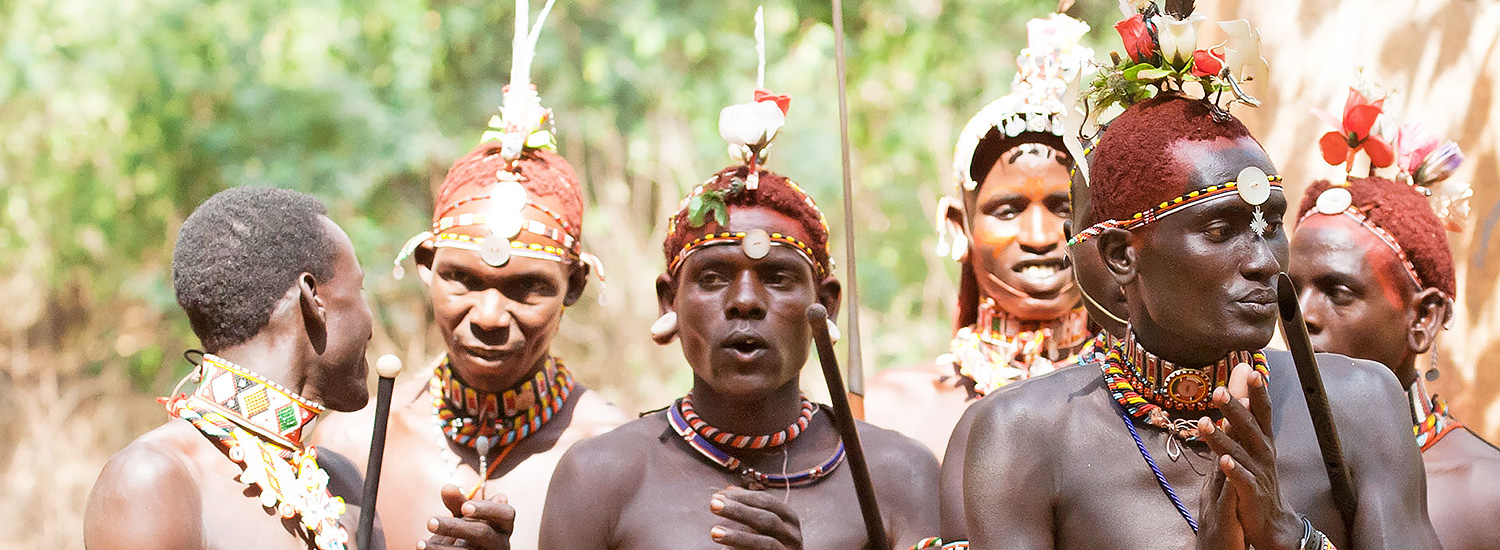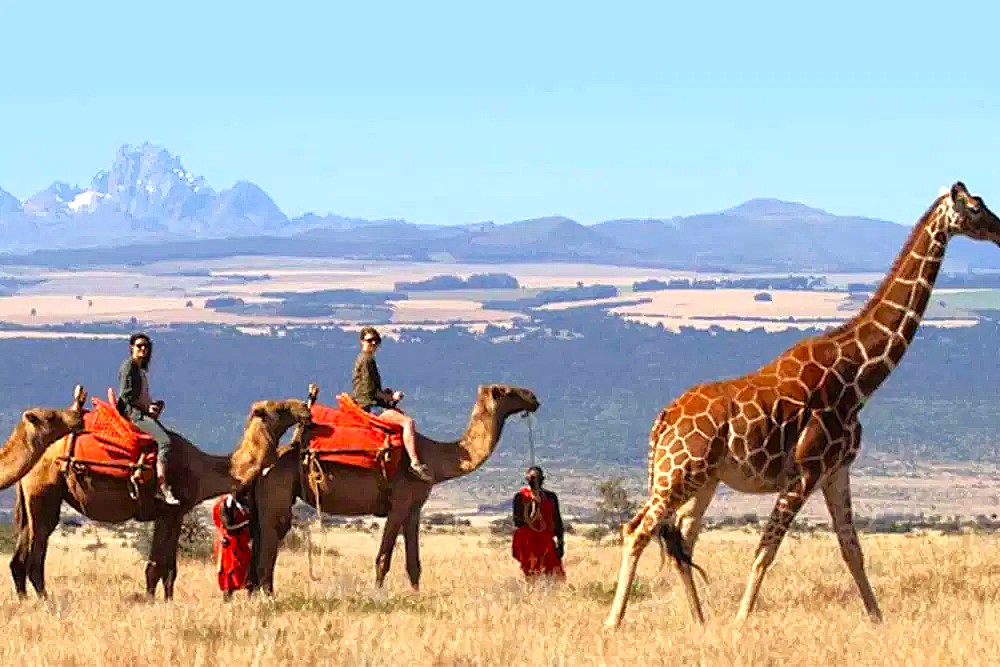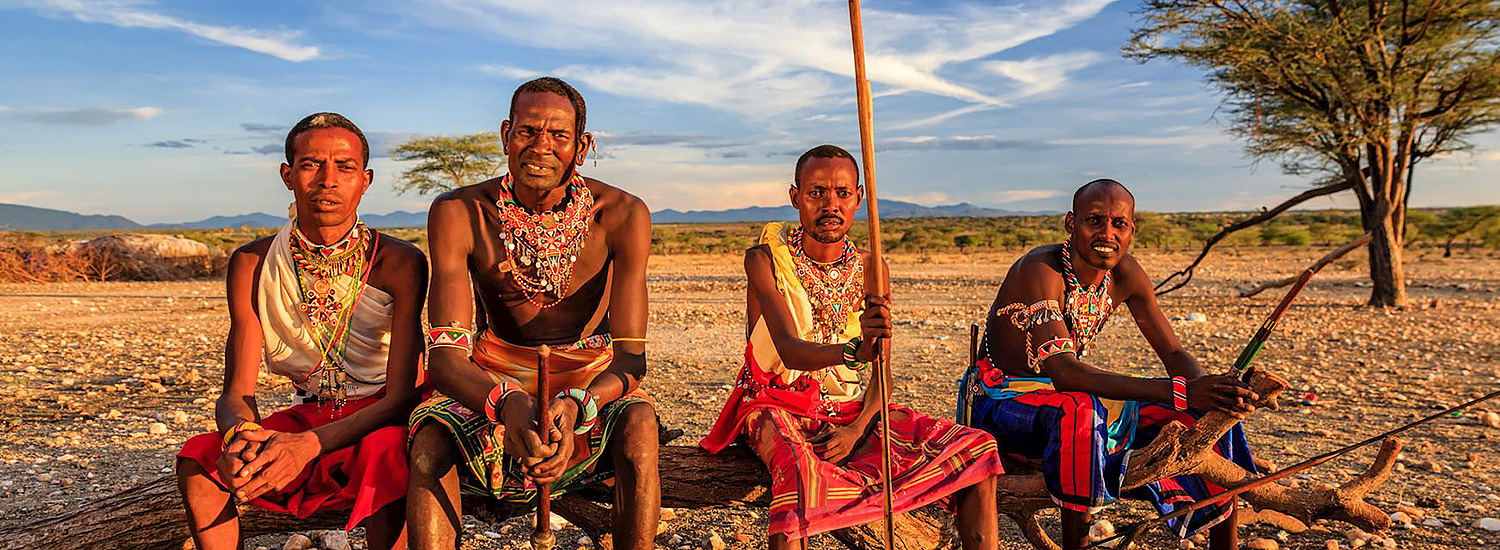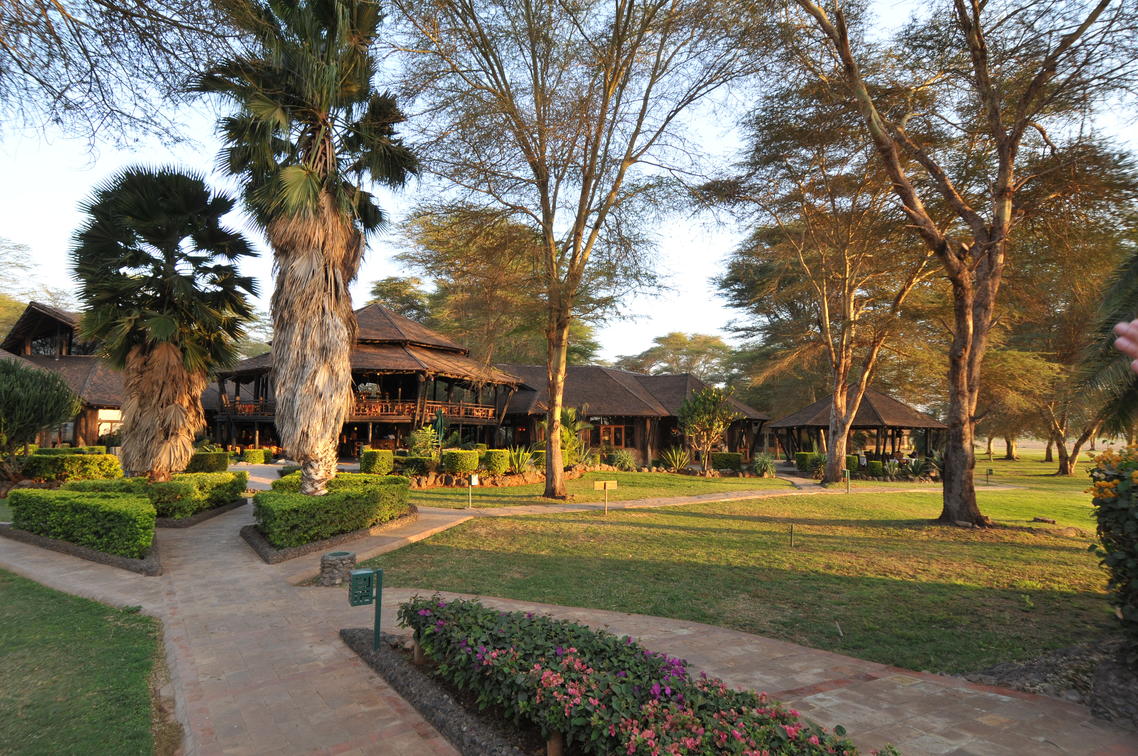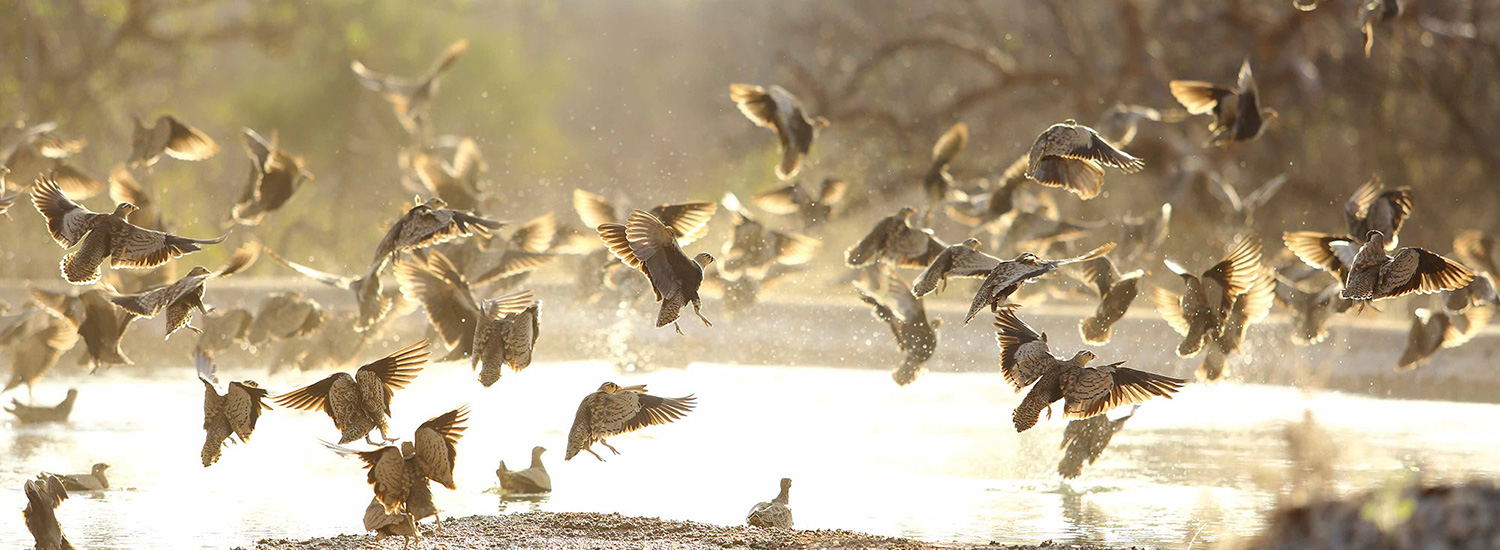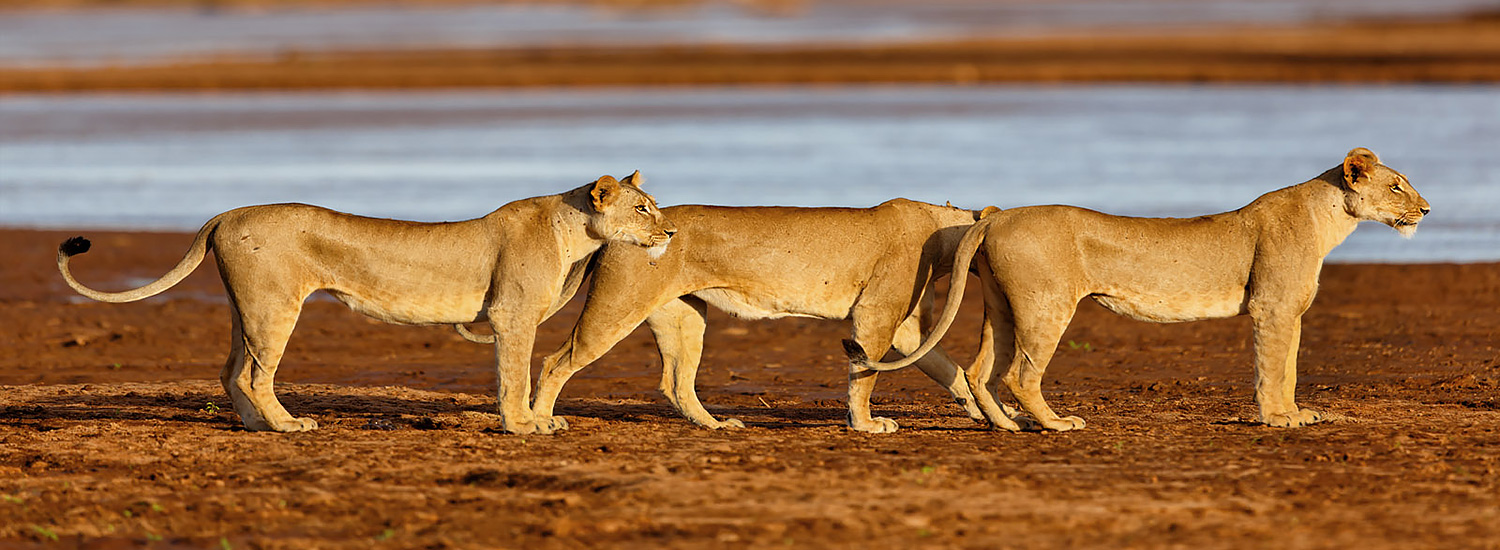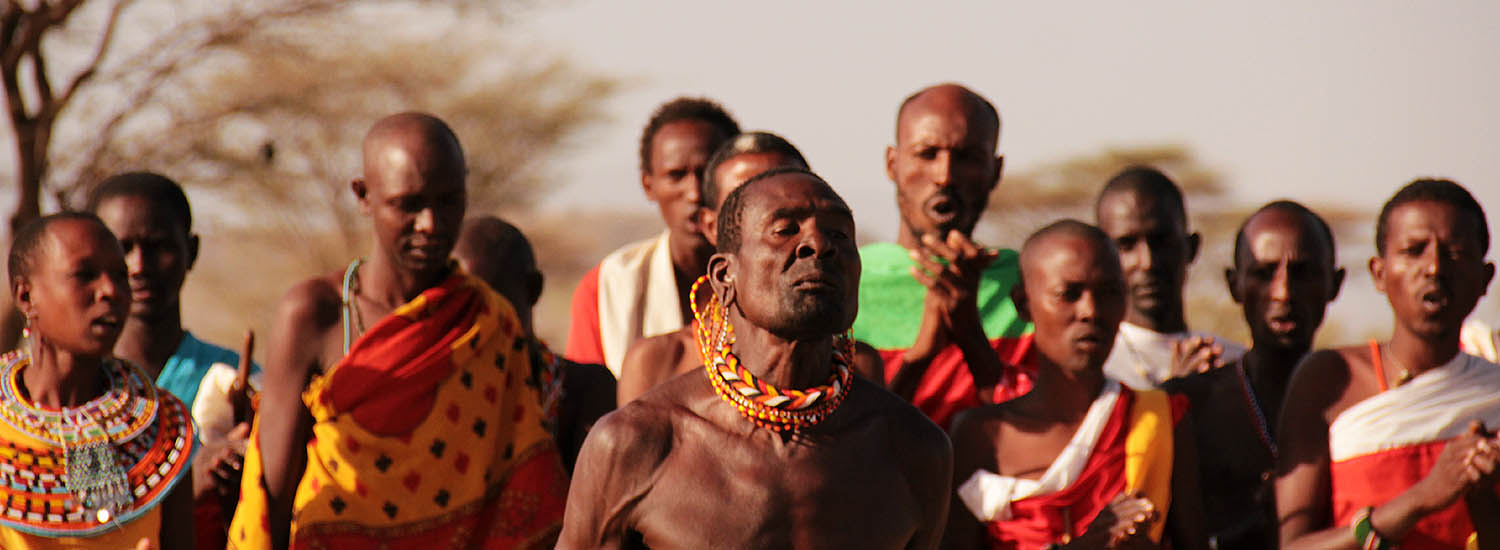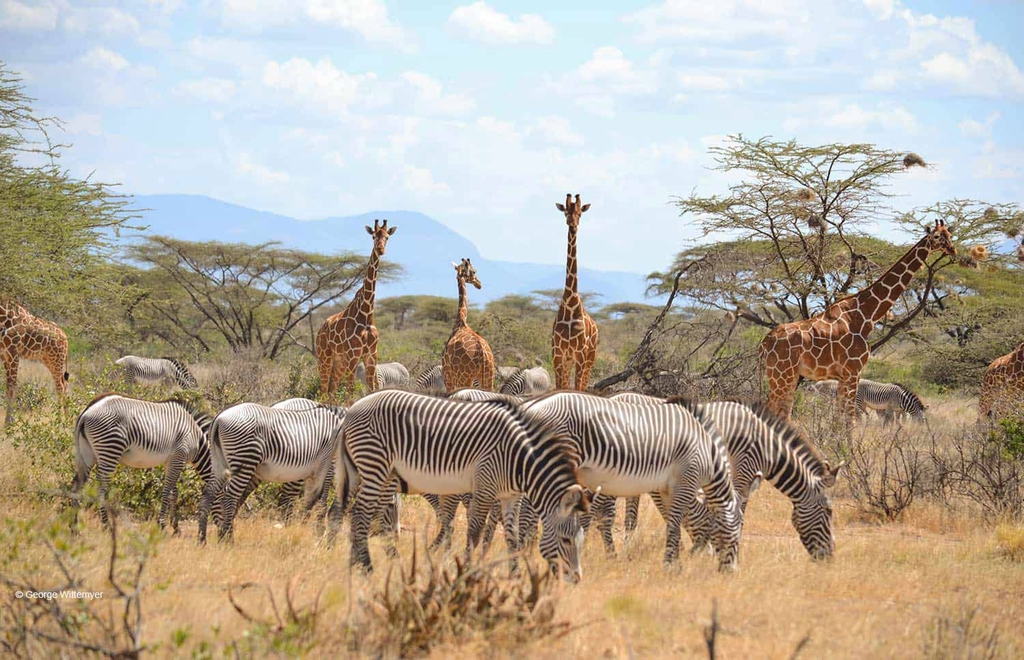
Malindi (once known as Melinde) is a town on Malindi Bay at the mouth of the Galana River, lying on the Indian Ocean coast of Kenya. It is 120 kilometres northeast of Mombasa. The population of Malindi is 117,735 (in 1999 census). It is the capital of the Malindi District. Tourism is the major industry in Malindi. The city is exceptionally popular among Italian tourists.
Malindi is served with a domestic airport and a highway between Mombasa and Lamu. The nearby Watamu resort and Gedi Ruins (also known as Gede) are located south of Malindi. The mouth of the Sabaki River lies in northern Malindi. The Watamu and Malindi Marine National Parks form a continuous protected coastal area south of Malindi. The area shows classic examples of Swahili architecture. Malindi is home to the Malindi Airport, and Broglio Space Port. Malindi has been a Swahili settlement since the 14th century.
Once rivaled only by Mombasa for dominance in this part of East Africa, Malindi has traditionally been a port city for foreign powers. In 1414, the town was visited by the fleet of the Chinese explorer Zheng He. Malindi’s ruler sent a personal envoy together with a giraffe as a present to China on that fleet. The Portuguese explorer Vasco da Gama met Malindi authorities in 1498 to sign a trade agreement and hire a guide for the voyage to India, when he erected a still existent coral pillar. In 1499 the Portuguese established a trading post in Malindi which served as a resting stop on the way to and from India.
A church dates from this era. The pillar stands to this day, though there have been calls by conservationists to take care of the pillar, since soil erosion might make the pillar fall into the ocean. Many traditional buildings survive, including the Juma Mosque and palace on the beach, a stretch popular with tourists.
Malindi forms a municipal council with the following thirteen wards: Barani, Ganda/Mkaumoto, Gede, Gede North, Gede South, Kijiwetanga, Madunguni, Malimo, Malindi Central, Malindi North, Maweni, Shella, Watamu Town. All of them are located within Malindi Constituency. Malindi is also one of four administrative divisions in Malindi District. It has the following eight locations: Chakama, Ganda, Gede, Goshi, Jilore, Langobaya, Malindi and Watamu.
Lamu Island is a part of the Lamu Archipelago of Kenya. The island is linked by ferry to Mokowe on the mainland and to Manda Island. There are no motorized vehicles on the island, instead donkeys are for transport. Lamu, Kenya’s oldest living town, was one of the original Swahili settlements along coastal East Africa. There are some other accounts that mention Chinese ships of Zheng He’s fleet sinking near Lamu Island in Kenya in 1415.
Survivors are said to have settled in the island and married local women. However, the authenticity of this story is disputed. The port of Lamu has existed for at least a thousand years. The town was first attested in writing by an Arab traveller Abu-al-Mahasini who met a Judge from Lamu visiting Mecca in 1441.
The town’s history is marked by Portuguese invasion which began in 1506, and the Omani domination around 1813 (the year of the Battle of Shela). The Portuguese invasion was prompted by the nation’s successful mission to control trade along the coast of the Indian Ocean. For considerable time, Portugal had a monopoly in shipping along the East African coast and imposed export taxes on the pre-existing local channels of commerce. In the 1580s, Lamu led a rebellion against the Portuguese, prompted by Turkish raids.
In 1652, Lamu was assisted by Oman in lifting Portuguese control. Lamu’s years as an Omani protectorate mark the town’s golden age. During this period, Lamu became a center of poetry, politics, arts and crafts as well as the trade. Lamu’s economy was based on slave trade until abolition in the year 1907. Other traditional exports included ivory, mangrove, turtle shells and rhino horn, which were shipped via the Indian Ocean to the Middle East and India.
In addition to the abolition of slavery, construction of the Uganda Railroad in 1901 (which started from the competing port of Mombassa) significantly hampered Lamu’s economy. Tourism has gradually refuelled the local economy in recent times. In 1986 Michael W. Smith wrote a song about the island, which was included in his album The Big Picture. The town was founded in the 14th century and it contains many fine examples of Swahili architecture.
The old city is inscribed on the World Heritage List as “the oldest and best-preserved Swahili settlement in East Africa”. Once a center for the slave trade, the population of Lamu is ethnically diverse. Lamu was on the main Arabian trading routes, and as a result, the population is largely Muslim. Due to the narrowness of the streets, automobiles are not allowed – the city is easily explored by foot, bicycle, or, as many locals favour, donkey. There are several museums, including the Lamu Museum, home to the island’s ceremonial horn (called siwa); other museums are dedicated to Swahili culture and to the local postal service. Shela is a village about 2 miles from Lamu Town.
The origin of the village is unknown, but according to tradition it was settled by people from nearby Manda Island. In 1813 the elite of Pate Island, allied with the Mazrui clan from Oman, attempted to subjugate Lamu in the Battle of Shela. This attempt failed totally, and the defeat of Pate at Shela signalled the rise of Lamu as the leading power in the archipelago. Shelas golden age was from 1829 to 1857, when 5 of its 6 mosques were constructed. It is especially known for the Shiathna-Asheri Mosque.
Shela is now a centre for tourism on the island, with several guest houses feature by the coast. Shela is also home to the most spectacular beaches on Lamu island, which were unfortunately damaged during the tsunami caused by the 2004 Indian Ocean earthquake. The appearance of the area is much more in keeping with the imagined East African coastline, with its almost pure white sand, traditional dhows, and clean appearance. It makes a sharp contrast to Lamu town (directly opposite the airstrip on Manda) which lacks a beach and functions as a relatively busy port.
A port was founded on the island of Lamu by Arab traders at least as early as the fourteenth century, when the Pwani Mosque was built. The island prospered on the slave trade. After defeating Pate Island in the nineteenth century, the island became a local power, but it declined after the British forced the closure of the slave markets in 1873.
In 1890 the island became part of Zanzibar and remained obscure until Kenyan independence. Tourism developed from the 1970s, mainly around the eighteenth century Swahili architecture and traditional culture. There is one town and three villages on Lamu Island.
Booking is easy! Simply provide the necessary details. Our team will guide you through the booking process and answer any questions you have.
Have more questions? Feel free to reach out to our friendly customer support team. We're here to make your tour experience smooth and memorable!
We understand that circumstances can change. Our cancellation and change policies vary based on the tour and destination. Please review the specific terms in our booking policy or contact our team for assistance.
Our tour packages typically include* accommodations, transportation, guided tours, and specified activities. We provide transparent details about inclusions and exclusions to help you make informed decisions.
*Individual tour details may change.

